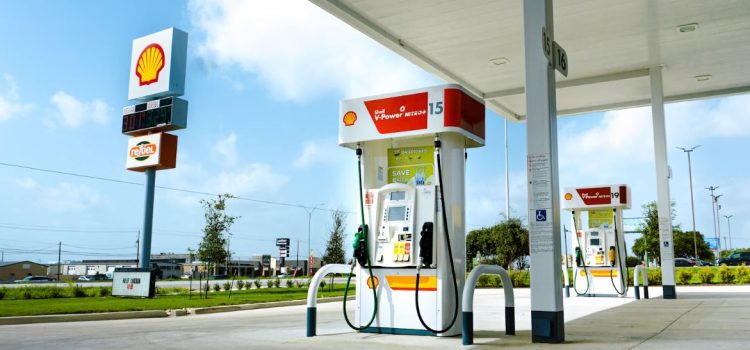
This is a free excerpt from one of Shortform’s Articles. We give you all the important information you need to know about current events and more.
Don't miss out on the whole story. Sign up for a free trial here .
Who controls gas prices in the US? Why are gas prices higher in the summer? Why do gas prices matter so much to Americans?
Because gas plays a huge role in the day-to-day life of Americans, it’s no surprise that it’s a constant source of stress and a frequent political focus. However, not everything you hear about gas prices is accurate.
Here’s a look at the top six gas myths and the realities behind them.
The Top 6 Gas Myths
The politicization of gas prices in the US fuels a number of gas myths that often contradict economic realities:
Myth 1: The president controls gas prices.
Fact: Presidents and their administrations typically have little short-term impact on gas prices. State-level policies often have more immediate effects than federal actions.
Myth 2: Gas prices are higher in summer due to increased driving.
Fact: The higher summer prices are primarily due to the more expensive gas formula mandated to reduce smog in warmer months, not increased driving.
Myth 3: US reliance on imported oil causes higher gas prices.
Fact: The US has been the world’s leading oil producer since 2018 and is now a net exporter of oil.
Myth 4: Federal gas tax holidays are an effective solution.
Fact: Economists are generally skeptical of gas tax holidays. Studies show that only 60-70% of the savings from tax decreases are passed on to consumers, with refiners capturing the rest of the profit.
Myth 5: Oil companies are price-gouging consumers.
Fact: While oil companies have been accused of price-gouging, this typically refers to charging higher-than-usual prices in emergency situations. The complex factors influencing gas prices make it difficult to prove intentional price-gouging.
Myth 6: High gas prices doom the economy.
Fact: While high gas prices impact household budgets, they aren’t the entire economy. The percentage of household income spent on gas is still around 3%, not much higher than pre-pandemic levels.
Why Gas Prices Matter So Much to Americans
While consumers in other countries may also be sensitive to fuel costs, Americans’ relationship with gasoline prices may be more intense for several reasons:
Car-Centric Culture
Many aspects of US daily life are designed around automobile use:
- Extensive highway systems and suburban sprawl encourage car dependency.
- Public transportation is less developed in many areas compared to other countries.
- The car is often seen as a symbol of freedom and independence in American culture.
Political Sensitivity
Gas prices are politicized in the US:
- Politicians often campaign on promises to lower gas prices.
- There’s a tendency to blame sitting presidents for high gas prices, even though their direct influence is limited.
Economic Impact
The widespread reliance on personal vehicles means that gas price fluctuations have a significant impact on household and small-business budgets:
- Low- and moderate-income families are particularly vulnerable to price increases.
- Higher gas prices can lead to reduced consumer spending in other sectors, potentially slowing economic growth.
Lack of Alternatives
In many parts of the US, there are limited alternatives to personal vehicle use:
- Public transportation infrastructure is less developed compared to many European countries.
- The vast geographic spread of the US often makes alternatives like walking or cycling impractical.

Want to fast-track your learning? With Shortform, you’ll gain insights you won't find anywhere else .
Here's what you’ll get when you sign up for Shortform :
- Complicated ideas explained in simple and concise ways
- Smart analysis that connects what you’re reading to other key concepts
- Writing with zero fluff because we know how important your time is






